Shifting to Growth
Follow on LinkedInMeet Josh and Lizbet, our AI colleagues, and enjoy their fantastic conversation on how life events impact our professional lives. This first pilot episode, created with NotebookLM, is based on Shoya’s presentation, “Can we dream bigger than we are, and how does this relate to our professional growth?” at the Service Design Day Conference 2024, Budapest, and additional sources to get in the depths of the growth mindset. Even though the content was created using AI technology, it underwent human revision. It is curated and reflects how we think about the growth mindset.
Growth Mindset. Can We Dream Bigger Than We Are?
The answer would be yes and no.
It is physically impossible to dream bigger or create more significant things than we are; however, embracing a growth mindset can help us go beyond our perceived limits.
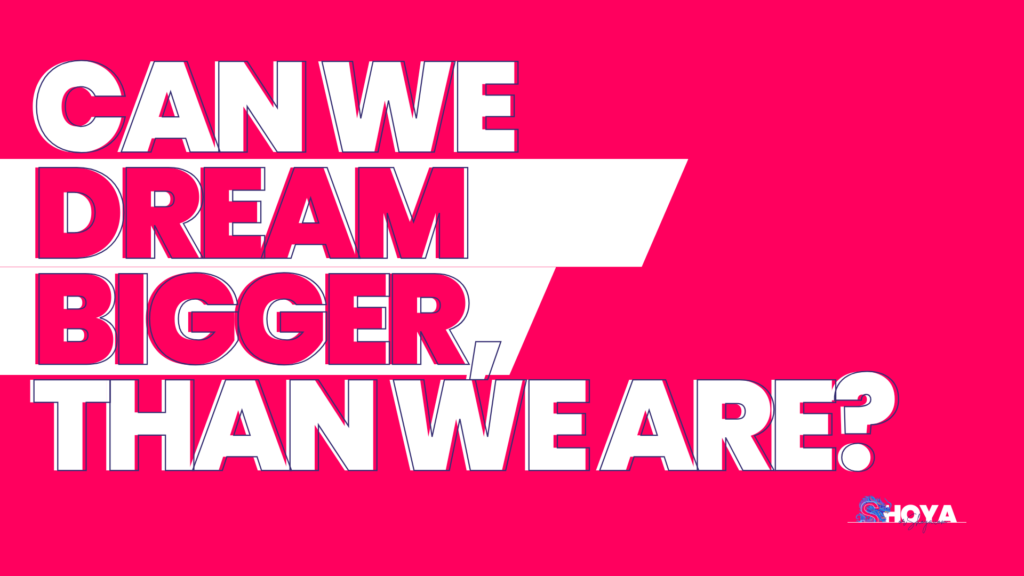
Imagine trying to observe reality through a narrow sack or a keyhole. How much would your view be restricted? This is precisely how our thoughts work. Our internal dialogue, how we see the world, and our experiences impose limitations.
This is true even when working as entrepreneurs or leaders in the business world.
The Question Is Not Whether We Have It But What We Do With It.
In the past, it was often thought that our “professional self” was a separate, distinct entity. But the truth is that business is conducted between people. It was considered “cool” to navigate life, work, and people without emotions. Still, now we have increasing data showing how much harm this approach can cause if we ignore ourselves, our potential, and our limitations.
Dr. Gabor Maté’s work is a straightforward guide in this regard. His books, podcasts, and talks on the impact of life events should be required reading for everyone, as they make it clear that having profound and impactful life events in our past is not a privilege. Everyone has it.
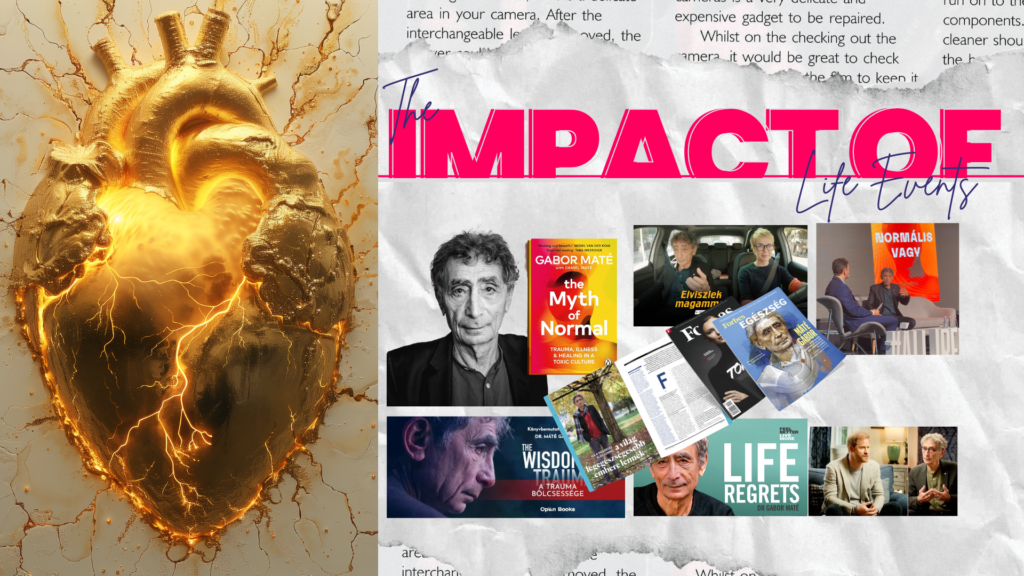
The question is not whether we have it but what we do with it. The potential for personal growth and transformation is immense, offering a hopeful and inspiring perspective.
The imprints of significant life events are a fundamental part of our functioning. Whether we acknowledge them or not, their presence or how we deal with them shapes our behavior, worldview, and social norms. However, through self-reflection, we can take control and shape our own narrative, empowering us to overcome these limitations.
These deep emotional imprints—often pre-verbal experiences—form patterns that, if left unprocessed, influence our decisions automatically and unconsciously. Acknowledging these life events is the first step towards understanding and validating our experiences.
Unmapped Life Events vs Growth Mindset
Unprocessed life events affect us in the following ways, they:
- Separate us from our own body.
- Disconnect us from our instincts.
- Limit our ability to respond flexibly.
- Create a self-image based on remorse.
- Distort our view of the world.
- Alienate us from the present.
If this weren’t enough, these patterns are often passed down through generations.
Now, let’s look at how this affects business life, whether as entrepreneurs, leaders, or employees. The impact of these events extends to our:
- Performance.
- Behavioral patterns and entrepreneurial style.
- Creativity and openness to innovation.
- Relationships and ability to build connections.
- Sustainability.
- And ultimately, our ability to experience personal fulfillment and balance.
What Does This Mean?
These days, it’s trendy to talk about stress management and resilience; for good reason, they are essential. When difficult-to-process events separate us from our bodies, it becomes all too easy to overdo things in an already stressful environment. This overload not only causes physical health issues but significantly undermines our mental performance as well.
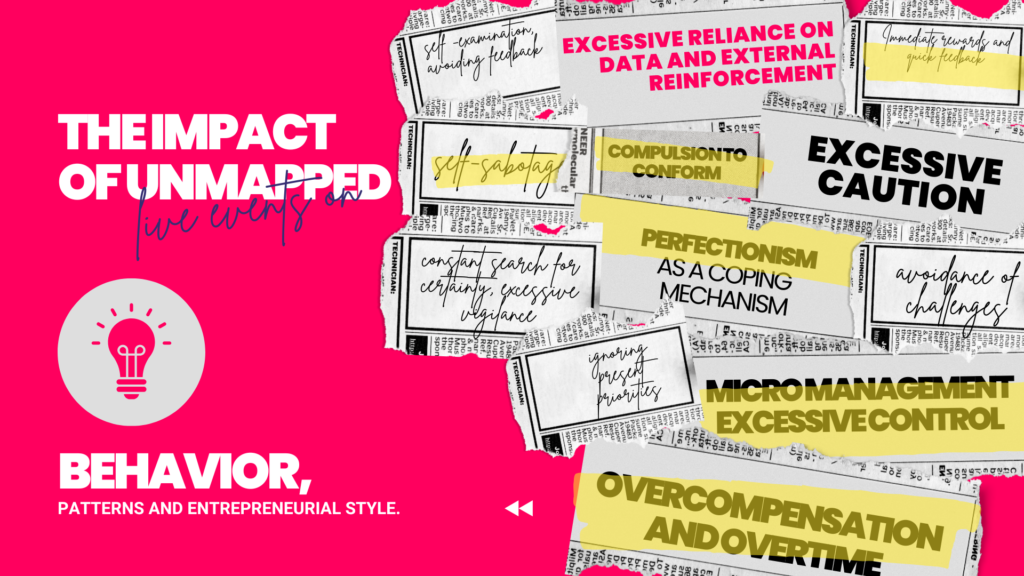
Micromanagement, for example, is a typical response that harms personal health and stifles business growth and overall growth mindset and approach.
Caution, perfectionism, self-sabotage, and the need to please are all patterns that hold a business back.
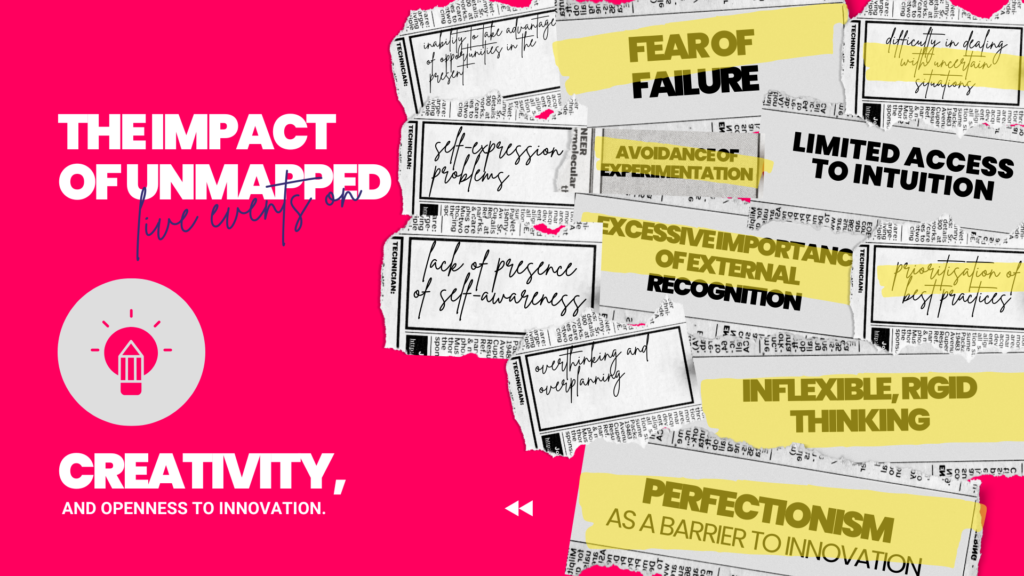
Creativity and innovation are the lifeblood of a modern business. Implementing new technologies and processes is essential for success, requiring flexibility and experimentation. Managing challenges or maintaining a healthy relationship with setbacks is crucial, as uncertainty is the only constant in the entrepreneurial world.
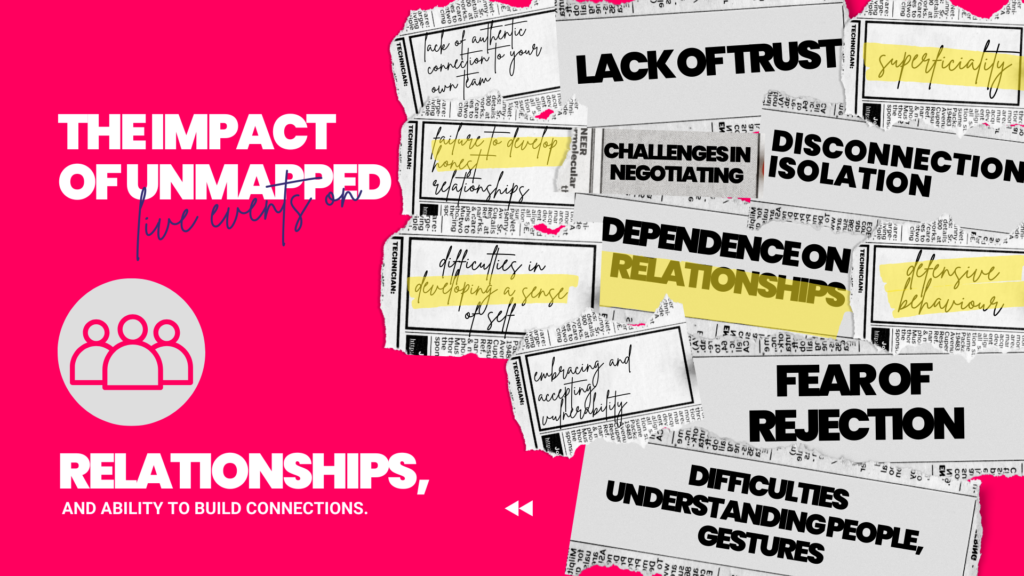
Albert-László Barabási’s research demonstrates the importance of an extensive network for success. Building such a network requires openness, trust, and good communication skills.
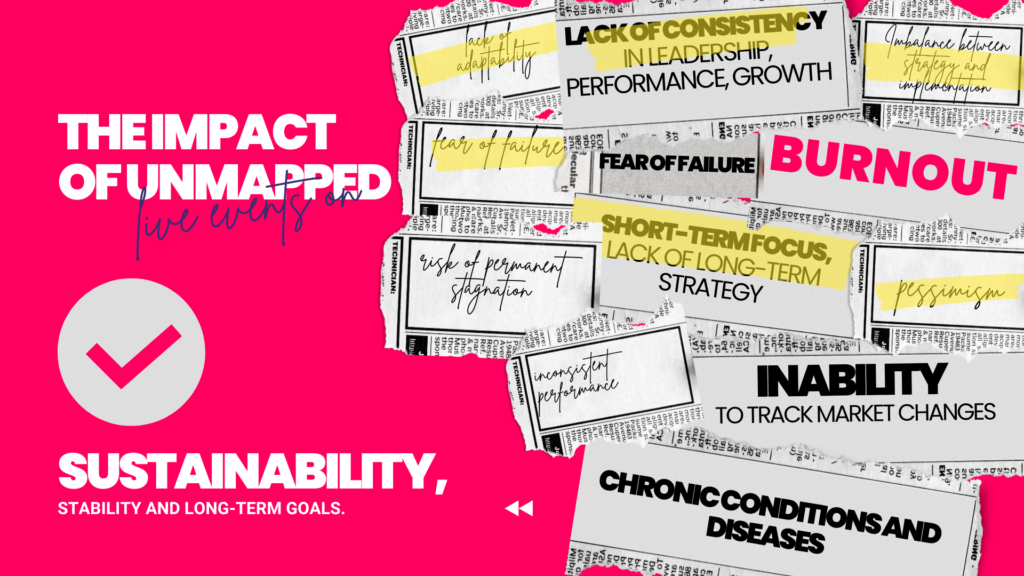
Finally, sustainability is key to a business’s long-term success. The internet often tempts us with the promise of quick success, but a short-term focus rarely leads to genuine results. Long-term thinking, sustainability, and value-driven processes are the foundations of lasting success.
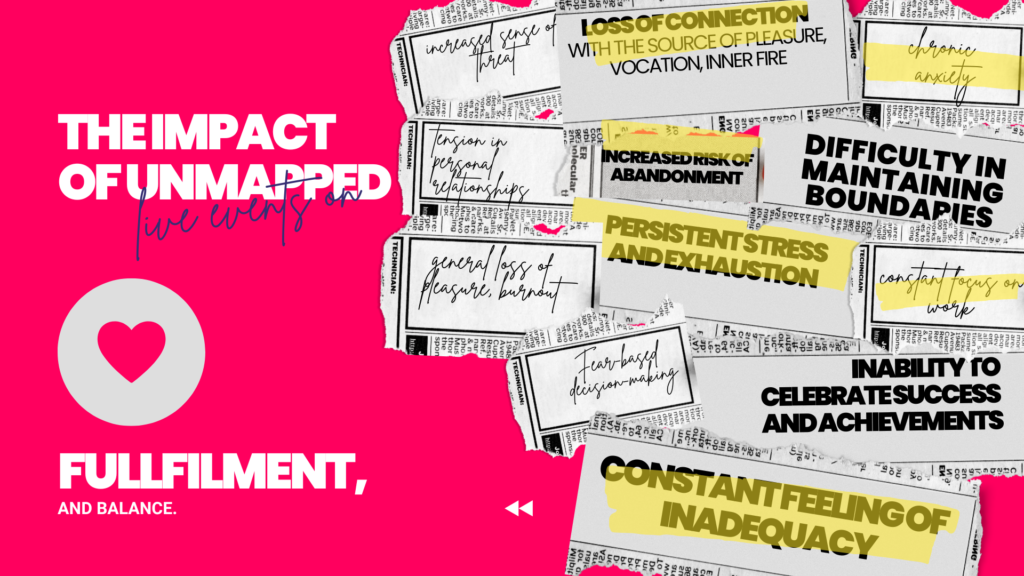
Entrepreneurs, Athletes, And Growth Mindset
Let’s now examine a few specific examples of how the effects of significant life events manifest at work.
But before moving forward, let’s take a look at athletes:
Valter Attila and Vas Kata Blanka, both cyclists, participated in the Olympics and finished in fourth place. Let’s focus on a single data point, fully aware that this cannot form the basis for far-reaching conclusions. Yet, it offers a small glimpse that helps frame our topic.

Attila said, “This will be a huge boost for my confidence,” his entire interview radiates joy. In contrast, Vas Kata Blanka experienced her fourth-place finish as a more challenging outcome.
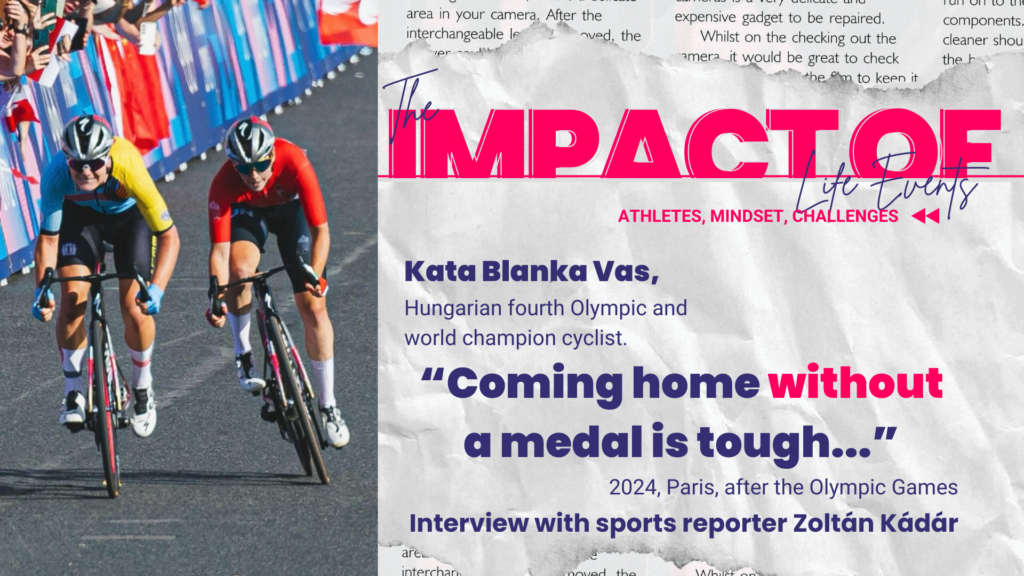
In a conversation with Zoltán Kádár, a sports reporter from Târgu Mureș, it was revealed that Kata felt she missed an opportunity during the race, believing that had she made a different decision, she could have stood on the podium. This scenario might also feel familiar in the business world: the weight of decisions not made and the doubts that arise afterward can profoundly affect how we perceive our self-worth.
Another example is Bernadett Szűcs, whose case is noteworthy: after she was eliminated from the Olympic qualifiers, the federation president criticized her, and her coach resigned. In such an environment, it’s much harder to maintain a growth mindset and a positive attitude—this situation often mirrors what happens in the business world. But sometimes, that critical voice also exists within us, fed by unmapped beliefs or simply reflecting our internal world.
So, How Do These Life Experiences Manifest In Our Work?
- Heightened sense of uncertainty around challenges.
- Perfectionism and overcompensation.
- Chronic self-doubt.
- Avoidance of risk.
- Hypervigilance and distrust.
- Emotional reactivity.
- Short-term focus.
- A constant, floundering mentality.
Why Is It Essential To Discuss These Details?
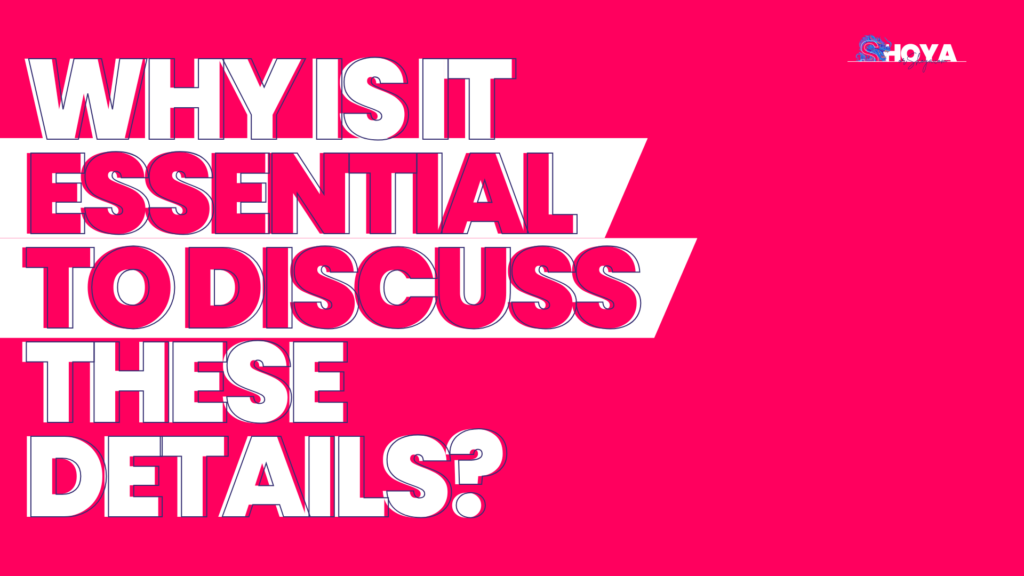
When influenced by unresolved life events, this becomes a problem because our operating style focuses on short-term survival rather than long-term growth. This leads to constant firefighting, uncertainty, and micromanagement.
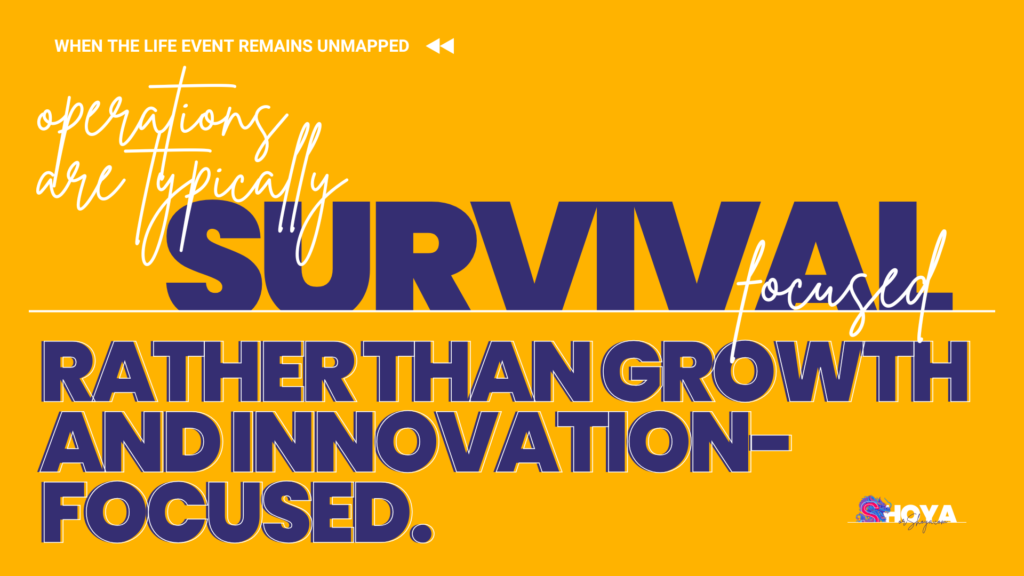
Long-term sustainability can only be achieved if we work on ourselves, process the more challenging emotional imprints, and let go of patterns that no longer serve our goals. The mind is malleable, and a growth-oriented mindset can be cultivated.
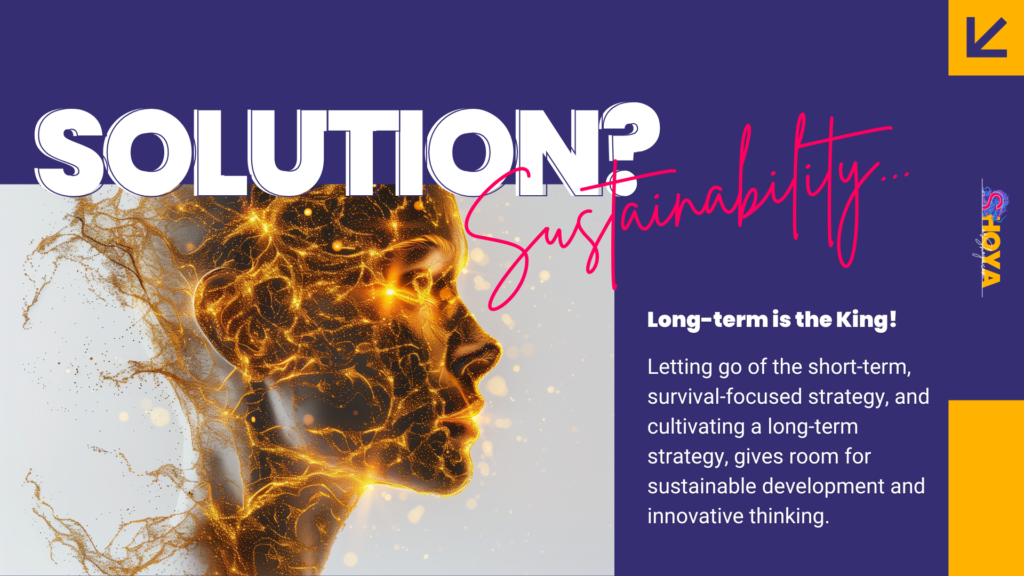
If we make this shift, we can achieve sustainable long-term success, which we will proudly look back on decades from now.